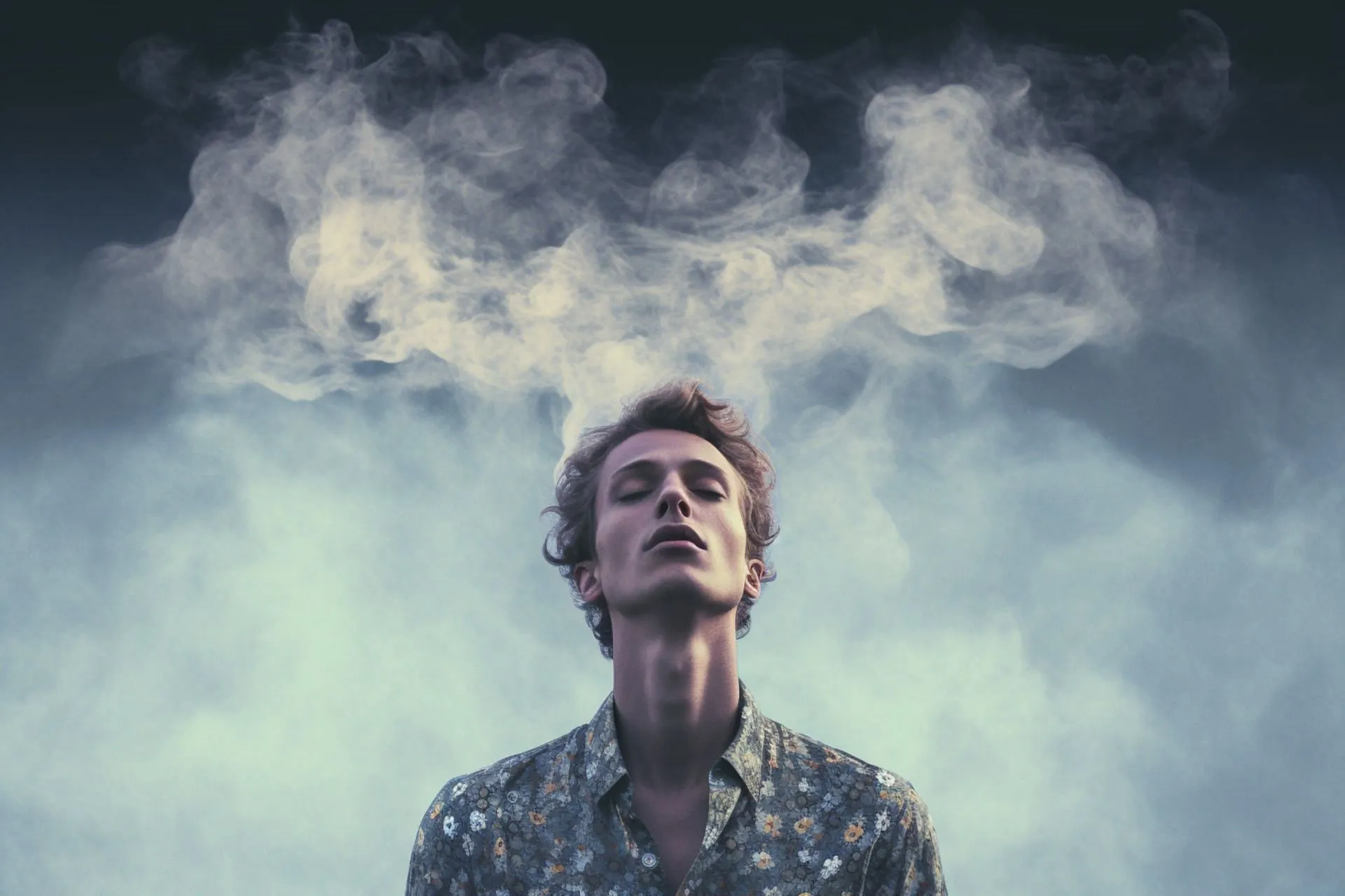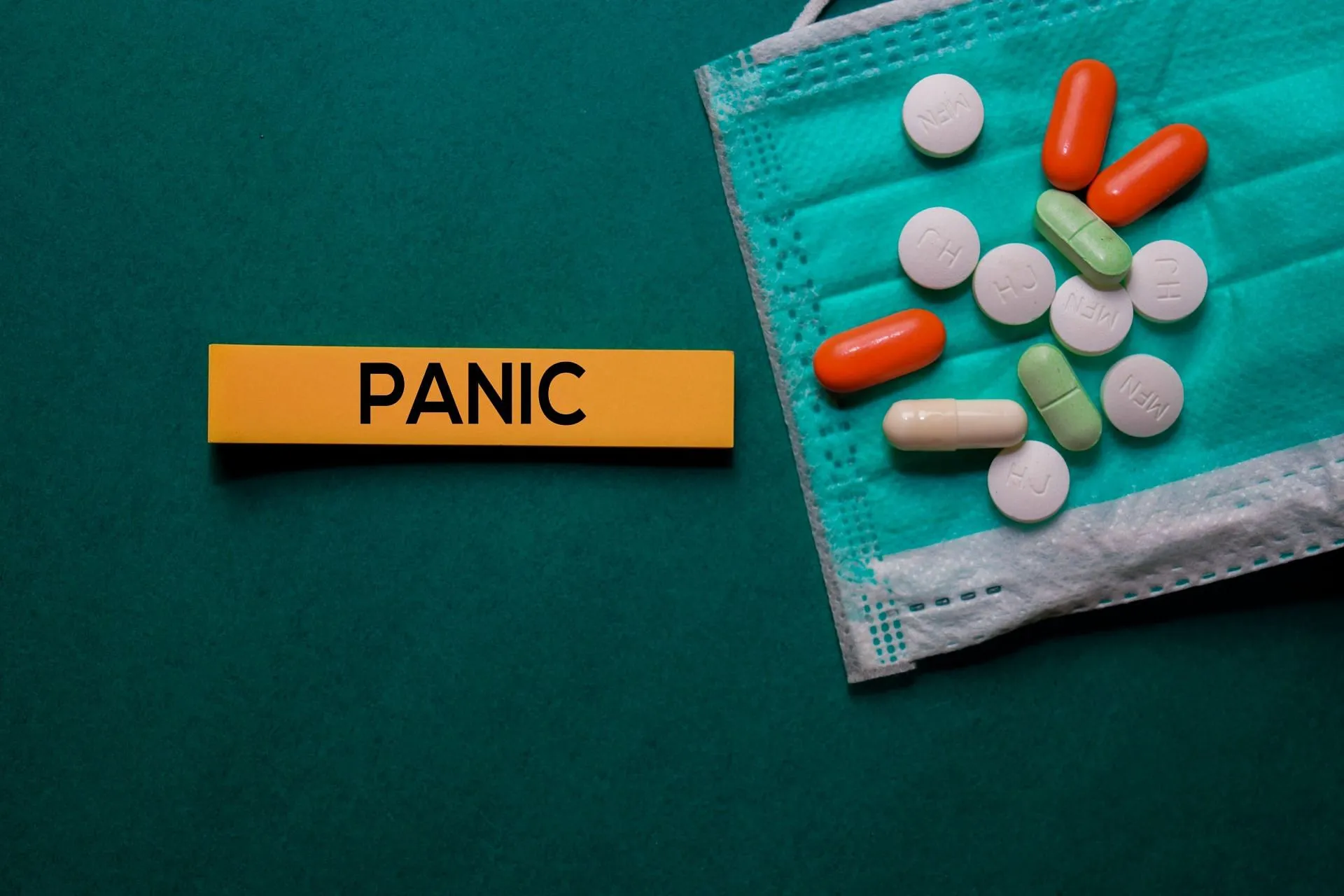After a panic attack, you can continue to experience lasting emotions. The shooting heart rate, shallow breathing, and overwhelming dread may leave you in an absolutely trembling state right after the attack.
In order to move forward positively from the after effects of panic attacks, it’s of great importance to understand what really happens after the attack. This also allows you to learn different ways to manage its effects.
Remember that moving on from a panic attack takes its time. You have to be patient with yourself and allow yourself to feel as you are feeling. It is a good practice to remind yourself that you aren’t alone in this journey, and there are effective strategies to manage and be at a better place mentally.

What Happens after a Panic Attack?

Right after a panic attack, you may start to experience that you’re emotionally drained. The intensity of the fear and anxiety can linger on, and can make you feel very tired and sensitive to things in life. You may continue to dread experiencing another attack. In some cases, individuals develop a panic disorder due to recurrent panic attacks.
After a panic attack starts receding, the person may still continue to feel afraid. The simplest of the things which set off the attack may lead to nervousness or make you feel on edge.
At times, physical signs such as muscle tension, headaches, or a bad stomach can continue to persist even after the panic attack has occurred as a result of the body’s stress response. As a consequence, some may feel exhausted after panic attack or sleepy after a panic attack.
Right after a panic attack, certain individuals may avoid some places, activities, or even certain situations which remind them of the attack. This behavior restricts one’s life and causes stress, impacting social life as well as everyday routines. Unfortunately, this only excaberates the anxiety, and the more you avoid it, the more it may increase.
Few people may also become hypersensitive to basic sensations of the body. They may start to perceive them as signs of yet another imminent panic attack. This elevated awareness can highten anxiety and make if difficult to feel at ease. In some cases, individuals may experience difficulties with recollection or suffer from memory loss.
Post Panic Attack: Dealing with the After Effects

Start incorporating deep breathing or relaxation techniques. Gentle, slow, and deep breathing calms your body as well as the mind while reducing anxiety. Slowly and gradually start facing scenarios which sets off the panic attack. Begin with small steps and employ relaxation methods to assist you in dealing with the exposure gradually.
Exercise on a regular basis and take charge of your body and mind. Eat well, allow yourself enough sleep, and restrict stimulants such as caffeine and alcohol, which worsen anxiety.
Seeking professional assistance from a trained therapist or counselor can be of great help. They may offer guidance and support systems which are suitable to your unique needs, helping in easing the journey towards recovery.
For many individuals, panic attacks can be a dreadful experience, but keep in mind, they can be dealt with. By timely identification of the after effects and by employing healthy coping methods, you can regain control over your life again.
With the necessary support systems, patience, and self-care, life after a panic attack can be full of hope and fulfilment.
Janvi Kapur is a counselor with a master’s degree in applied psychology with a specialization in clinical psychology.
What do you think of this story? Tell us in the comments section below.




Leave a Reply